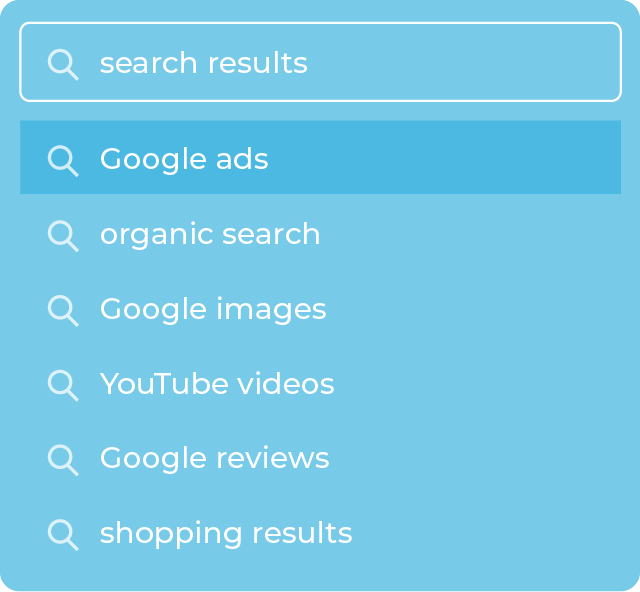Reimagining Autumn & Art’s Identity
When you drive by Bradley Fair, Wichita’s premier shopping center, new signage will catch your eye. Monument graphics proclaim the reimagined Autumn & Art alfresco, juried fine art show.
Every fall, Autumn & Art draws thousands of attendees to Bradley Fair. The parkway, normally a short through-street, is transformed into a lakeside gallery featuring art and artists from across the country alongside entertainment, food and beverage vendors from the collection of local businesses housed at Bradley Fair. In July, Wichita Festivals brought together Autumn & Art partners and sponsors for a media event to announce the details of the ninth annual show and reveal the exhibition’s new look.
The ever-growing impact of Autumn & Art led to a rethinking of its logo. The new identity, which was presented by Greteman Group president and creative director Sonia Greteman, communicates Autumn & Art at a glance. But what you see depends on you. Just like any art, it’s open to interpretation. You might see an autumn leaf, an “A,” an easel, a paintbrush, a pencil tip, a landscape with a forward-moving road, stained glass or a beautiful faceted jewel.
The show launched in 2010, featuring 60 artists. This year, Autumn & Art will feature 100 national artists, including 29 from Kansas. Exhibiting artists compete for cash awards by submitting original works in 14 artistic media, including painting, photography, fiber, ceramics, jewelry and more. Glass artist Chris McCarthy of St. Louis, Missouri, was selected as the Grant Thornton LLP Featured Artist, and his piece Red Vase was unveiled as the exhibition’s Featured Artwork at the media event.
Festival attendees can shop, dine and participate in art-themed activities. General admission is free. Patron Passes are available for those who’d like a VIP experience at the event, including reserved parking.
Media event speakers included George Laham, Laham Development; Katie Grover, Fidelity Bank; Mario Bonilla, Grant Thornton LLP; Mary Beth Jarvis, Wichita Festivals; DJ Fulton, Wichita Festivals Board of Directors; and artist Chris McCarthy.
Autumn & Art will stand the test of time, so will its elegant, new mark. Mark your calendars for this not to miss festival Sept. 14-16 at Bradley Fair.





